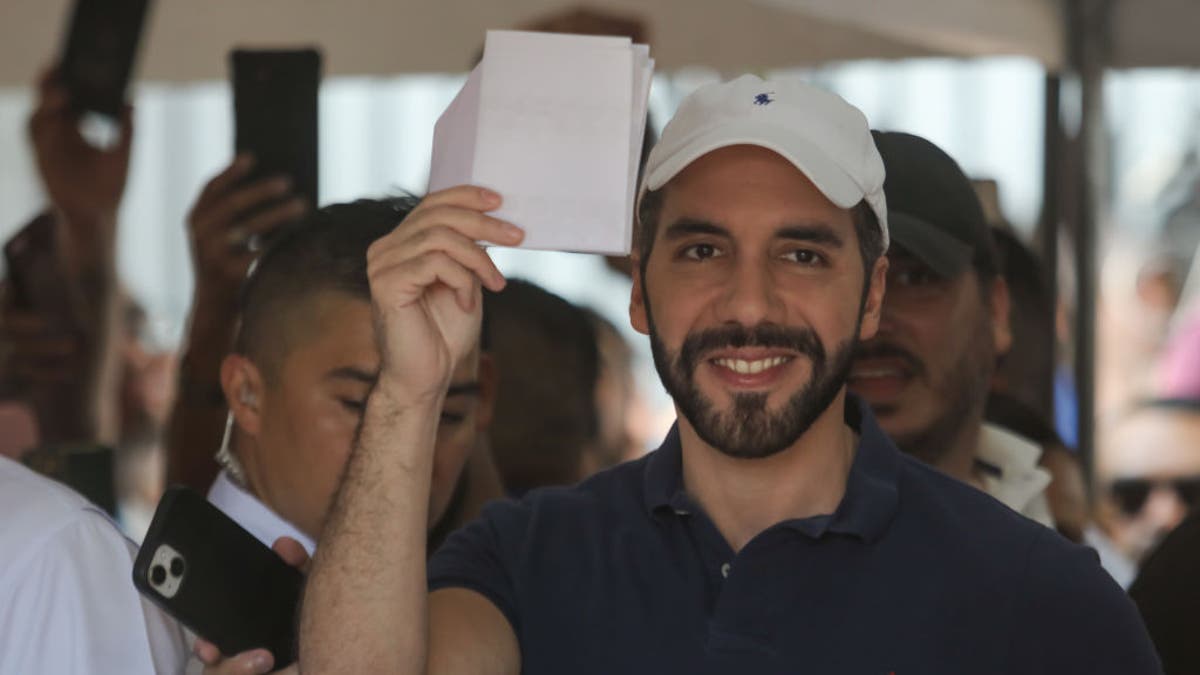Recent proposed adjustments to the United States Agency for International Development (USAID) have sparked debate. While some express concern over potential cuts, others, surprisingly, welcome the shift. Leaders like Rwandan President Paul Kagame have voiced support for a reassessment of foreign aid, emphasizing the importance of self-sufficiency for nations like his own. This perspective challenges the traditional approach of USAID and the State Department, which distribute a significant portion of the approximately $70 billion in annual US foreign aid.
The central question revolves around the effectiveness and intent of these funds. Some argue, like Hungarian President Viktor Orban, that aid often supports organizations with agendas counter to the recipient government's interests. This raises concerns about the fine line between promoting democratic values and interfering in sovereign nations' affairs. El Salvador's President Nayib Bukele echoes this sentiment, suggesting that aid frequently empowers opposition groups and potentially destabilizing movements.

President of El Salvador Nayib Bukele says USAID funds are typically doled out to opposition groups. (Photo by APHOTOGRAFIA/Getty Images)
US foreign aid traditionally serves dual purposes: economic influence and the promotion of American ideals. However, critics argue that the latter has evolved into a form of ideological imposition, particularly concerning social issues. This raises questions about the appropriateness and effectiveness of such approaches in diverse cultural contexts. Furthermore, the inclusion of "wokeness" in aid initiatives has drawn criticism for potentially hindering societal progress in recipient nations.
The current state of USAID remains somewhat unclear, with details about specific program changes yet to be fully revealed. Secretary of State Marco Rubio, now overseeing USAID, has pledged to preserve essential aid while aligning it with American interests. The challenge lies in distinguishing between truly beneficial programs and those driven by partisan agendas. The American public and many global leaders agree that the status quo is unsustainable. The goal is to reform a system that has arguably strayed from its original mission and often produced unintended negative consequences.
This presents an opportunity to reshape American foreign aid, prioritizing effective assistance while respecting national sovereignty and promoting genuine progress. It's a chance to move away from potentially counterproductive interventions and embrace a more sustainable and mutually beneficial approach.
Comments(0)
Top Comments